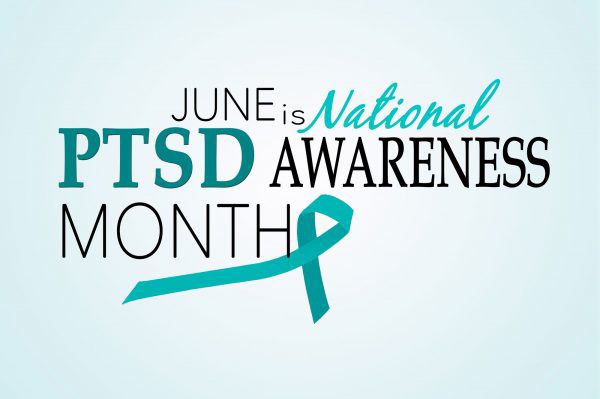What is PTSD? Post-Traumatic Stress Disorder is a psychiatric disorder that can occur in people who have experienced or witnessed a traumatic event. It can affect individuals of any age, gender, or background. Traumatic events that can trigger PTSD include natural disasters, war, physical or sexual assault, accidents, or the sudden loss of a loved one. While it's normal to feel stress and anxiety after a traumatic event, PTSD goes beyond the typical response and can significantly impact a person's quality of life.
Symptoms of PTSD: The symptoms of PTSD can be classified into four main categories:
Intrusive thoughts and memories: Individuals with PTSD may experience intrusive memories of the traumatic event, flashbacks, nightmares, or distressing thoughts that are difficult to control.
Avoidance and numbing: People with PTSD may try to avoid places, activities, or situations that remind them of the traumatic event. They may also become emotionally numb, detached from loved ones, or lose interest in activities they once enjoyed.
Hyperarousal and increased anxiety: PTSD can lead to heightened arousal, making individuals easily startled, irritable, and prone to angry outbursts. They may also experience difficulty sleeping, have trouble concentrating, or be hypervigilant.
Changes in mood and cognition: Individuals with PTSD may experience negative thoughts, feelings of guilt or shame, and a distorted sense of self-blame. They may also struggle with memory problems, have difficulty maintaining relationships, and lose interest in the future.
Treatment and Support: If you or someone you know is struggling with PTSD, it's essential to seek professional help. Effective treatments for PTSD include therapy, medication, or a combination of both. Psychotherapy approaches like cognitive-behavioral therapy (CBT), eye movement desensitization and reprocessing (EMDR), and exposure therapy can help individuals process their trauma and develop coping strategies. Medications such as antidepressants or anti-anxiety drugs may be prescribed to manage symptoms.
In addition to professional treatment, a strong support system plays a crucial role in the recovery process. Friends, family, and loved ones can offer understanding, compassion, and patience. Encouraging open communication, providing a safe space to express emotions, and assisting with practical tasks can make a significant difference in someone's healing journey.
Raising Awareness and Reducing Stigma: To create a more supportive and inclusive society, it's important to raise awareness about PTSD and combat the stigma associated with mental health conditions. By educating ourselves and others, we can foster empathy and understanding, leading to better support for those with PTSD.
Post-Traumatic Stress Disorder is a complex mental health condition that affects millions of people worldwide. Understanding the symptoms, seeking professional help, and providing a supportive environment are vital steps toward healing and recovery. By spreading awareness and eradicating stigma, we can contribute to a society that values and prioritizes mental well-being, helping those with PTSD to reclaim their lives and find hope amidst the darkness.


No comments:
Post a Comment
Please share your comments on this post.